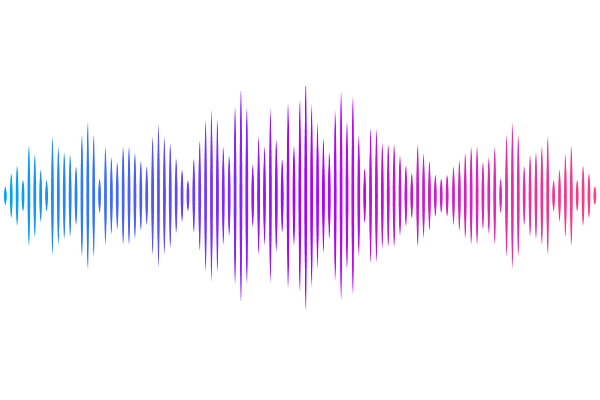Adversarial quantum channel discrimination

Adversarial quantum channel discrimination
Kun Fang, Hamza Fawzi, Omar Fawzi
AbstractWe introduce a new framework for quantum channel discrimination in an adversarial setting, where the tester plays against an adversary who accesses the environmental system and possesses internal quantum memory to perform adaptive strategies. We show that in asymmetric hypothesis testing, the optimal type-II error exponent is precisely characterized by the minimum output channel divergence, a new notion of quantum channel divergence in the worst-case scenario. This serves as a direct analog of the quantum Stein's lemma in the adversarial channel discrimination. Notably, the optimal error exponent can be achieved via simple non-adaptive strategies by the adversary, and its value can be efficiently computed despite its regularization. The strong converse property for quantum channel discrimination also holds in general. This adversarial quantum Stein's lemma is proved by new chain rules for measured and sandwiched relative entropies. Moreover, we derive a generalized version of the entropy accumulation theorem between two arbitrary sequences of quantum channels, extending the existing results from entropy to divergence and providing a solution to the dual formulation of the open problem presented in [IEEE FOCS, pp. 844-850 (2022)].